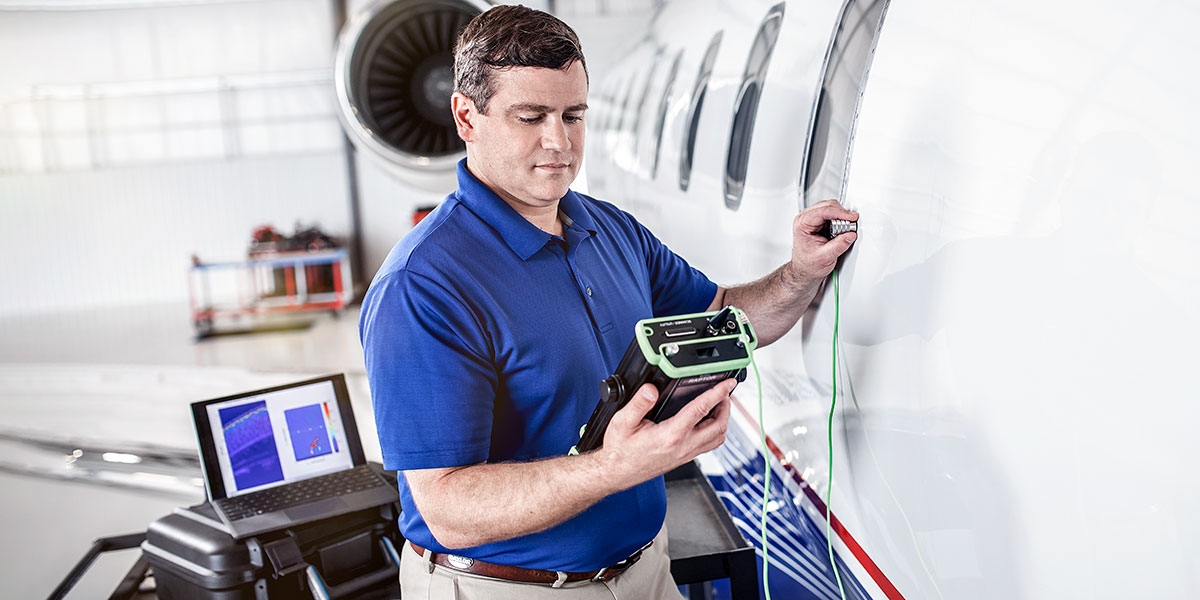Baylor’s Lab to Market Collaborative is turning BU research into real-world solutions

A machine that simulates therapeutic horseback riding. A novel system to display more color on HD screens. An ultrasound approach to testing airplane-part safety.
What do they have in common? All have been invented or developed by Baylor professors — and all have moved from idea to reality through a focused approach called the Lab to Market Collaborative (L2M) that translates Baylor faculty research into real-world products.
“Every inventor wants to see their invention make a difference. That can be a difficult process if you’re not skilled in that,” says Todd Buchs, assistant vice provost for research, technology commercialization and industry engagement.
Many university professors are skilled at discovery and invention, but universities, by design, are not generally equipped to commercialize that product. After all, tech commercialization is a complicated process, involving intellectual property, capital acquisition and more — processes far outside a university’s normal lane.
Lab to Market’s approach is to partner with organizations that do specialize in those areas, so that each can do what they do best. In the case of L2M, those organizations are Blueprints Lab, a Waco-based collaborative innovation development and intellectual property capitalization firm, and Waco Ventures, a local organization that procures funding for early-stage technology companies. Through a “unity of effort,” each organization does its part to advance faculty research and develop investor and industry partnerships. The ideas are eventually formed into independent companies, which can create products or technologies that make an impact.
Already, three companies have been launched through Lab to Market:
* 6P Color, Inc., an imaging system which could revolutionize color displays by dramatically expanding the number of colors a high-definition screen can display. The technology, which has drawn the attention of NASA and the Society of Motion Picture and Television Engineers (SMPTE), is being developed by a team led by Drs. Corey Carbonara and Michael Korpi, longtime Baylor professors of film and digital media, and Gary Mandle, a senior research scientist at Baylor.
* Chariot Innovations, LLC, develops a product called the MiraColt that can bring the benefits of therapeutic horse riding to places and people without access to live horses. In particular, horseback riding is known to benefit children with autism, but circumstances (geography, finances, etc.) prevent many from taking advantage of it. Invented by Dr. Brian Garner, a Baylor associate professor of mechanical engineering, the MiraColt mimics a horse’s motion, enabling practitioners who serve such individuals to provide greater access to treatment.
* Verifi Technologies was formed to advance technology that uses ultrasound to make airplanes safer. Currently, parts testing requires the destruction of composite materials to determine if a part is working correctly; research by Dr. David Jack, a Baylor professor of mechanical engineering, into non-destructive testing technology could enable companies to test specific parts without the expensive and time-consuming destruction of the materials currently required.
“The Lab to Market Collaborative has opened doors that I wouldn’t have been in position to open, and maybe didn’t even know existed,” says Jack. “They’re making this into something that will have much more of an impact that I ever thought it could.”
Sic ’em, Baylor Lab to Market Collaborative!

